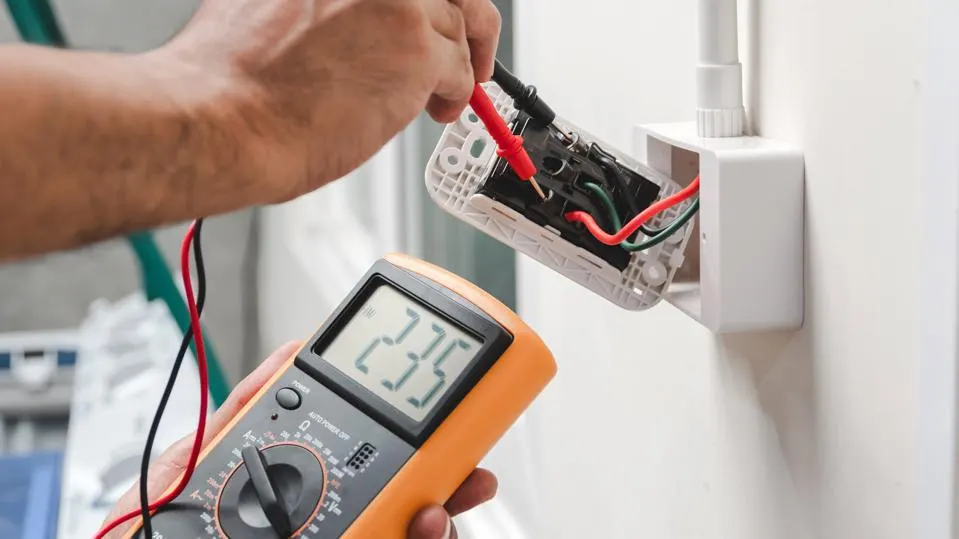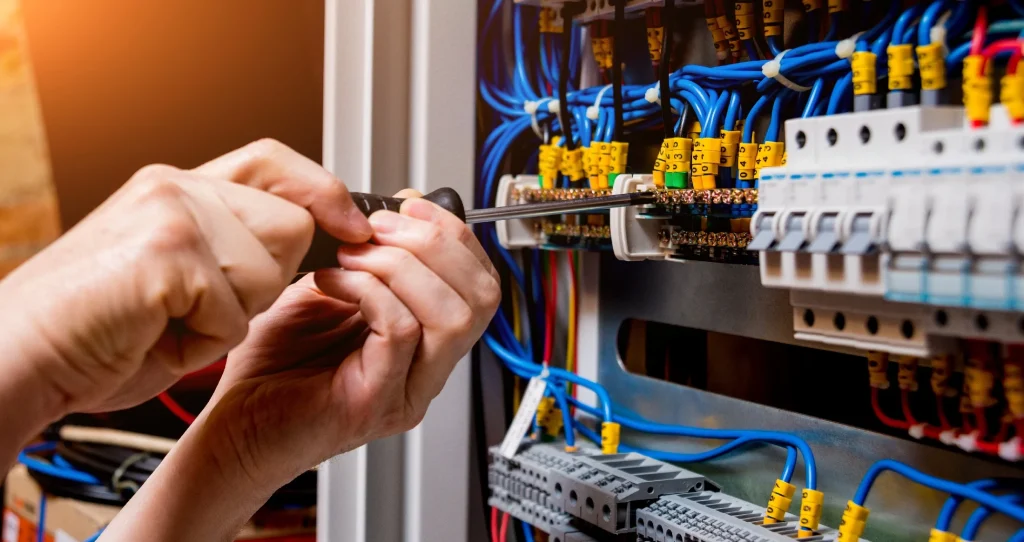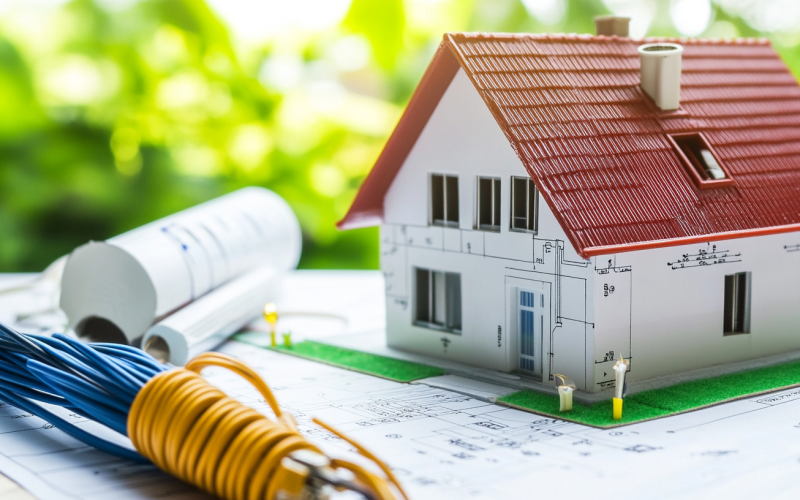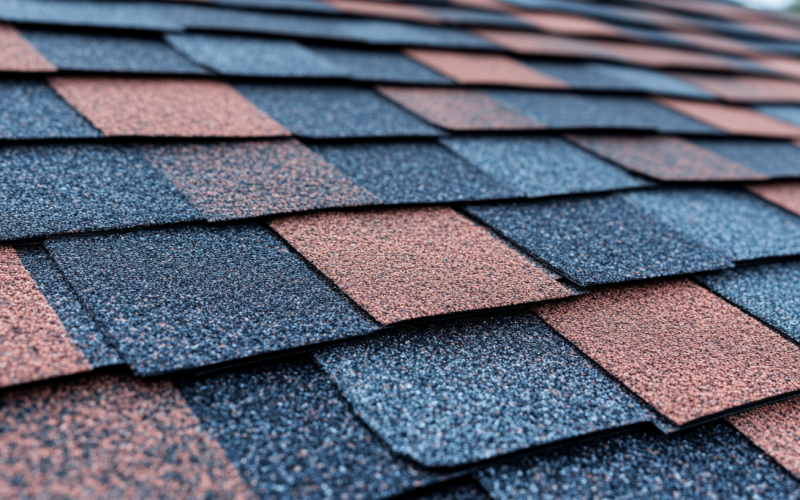Many homeowners often overlook the impact that their home’s electrical system can have on its value. While it’s easy to focus on cosmetic updates like new paint or kitchen upgrades, the electrical system is critical to a home’s overall worth.
Electrical upgrades enhance safety and efficiency and significantly increase a home’s market value.
This article will explore how and why these upgrades affect your home’s value.
Why Electrical Systems Matter for Home Value
Modern electrical systems are crucial for home value as they meet safety standards and reduce risks like electrical fires, which can decrease a home’s appeal. Buyers prefer homes with updated, safe systems.
Upgrading to energy-efficient systems also boosts value by lowering utility bills, appealing to eco-conscious buyers. Regular inspections by professionals ensure efficiency and add value.
However, it is important to choose the right service provider. Look for the ones within your budget and with the right licensing. For example, companies like Limelight Electrix offer free assessments and upfront pricing.
Hiring the right people for this service ensures that your electrical systems are up to date and match modern housing standards, thus improving the ROI.
Additionally, updated electrical systems support modern appliances and smart home technology, making a home more attractive to buyers. This infrastructure is essential for handling the demands of today’s devices, significantly boosting a home’s market value.
How Electrical Upgrades Influence Appraisals and Inspections

Impact on Home Appraisals
A modernized electrical system can significantly impact your home’s appraisal value. Appraisers consider the condition and modernity of a home’s electrical infrastructure when determining its value.
Homes with updated electrical systems are often appraised higher than those with outdated or unsafe systems. This higher appraisal value can lead to a better selling price, making electrical upgrades worthwhile.
Effect on Home Inspections
Inspections are critical during the home-buying process. Outdated or faulty electrical systems often raise red flags during inspections, leading to lower buyer offers or demands for repairs before the sale can proceed.
Upgrading your electrical system can avoid these issues and make the inspection process smoother. This can lead to quicker sales and fewer negotiations, as buyers will have fewer concerns about the condition of the home.
When to Consider Electrical Upgrades
Before Selling Your Home
If you’re planning to sell your home, it’s wise to consider electrical upgrades as part of your pre-sale renovations. These upgrades can maximize your home’s value and make it more attractive to buyers.
A modern electrical system is a strong selling point that can help your home stand out in a competitive market.
During Major Renovations
Anytime you’re undertaking major renovations, it’s a good idea to assess your electrical system. Upgrading your electrical infrastructure during renovations can prevent future issues and add immediate value to your home.
This is especially important if you’re adding new rooms or installing high-powered appliances that require more electrical capacity.
If Your Home is Over 20 Years Old
Homes over 20 years old often have outdated electrical systems that may not meet current safety standards. If your home falls into this category, it’s crucial to consider electrical upgrades. Updating your electrical system can protect your home’s value and ensure it remains safe and efficient for years to come.
Types of Electrical Upgrades That Boost Home Value

- Upgrading the Electrical Panel: Replacing an outdated panel with a higher-capacity one ensures your home can handle modern appliances and devices safely. This upgrade reduces the risk of electrical issues and makes your home more appealing to buyers.
- Installing GFCI Outlets: GFCI outlets safeguard against shocks by cutting off power when a ground fault is detected. Modern building codes require these outlets, which indicate a well-maintained home and increase its value.
- Rewiring for Safety and Efficiency: Replacing old or faulty wiring prevents fire hazards and improves energy efficiency. This is especially crucial in older homes, where buyers will appreciate updated wiring.
- Adding Smart Home Features: Smart lighting, thermostats, and security systems require a robust electrical system. Upgrading to support these devices increases your home’s marketability.
- Enhancing Energy Efficiency: Simple upgrades, like energy-efficient lighting, reduce utility bills and appeal to eco-conscious buyers, boosting home value.
Final Thoughts
Electrical upgrades are crucial in enhancing a home’s safety, efficiency, and overall value. Investing in modern electrical systems can increase your home’s appeal to buyers, boost its market value, and ensure it meets current safety standards.
Electrical upgrades are a smart investment whether you plan to sell your home, undergo renovations, or simply want to maintain its value. Consider consulting with a professional electrician to assess your current system and identify the best upgrades for your needs.
Frequently Asked Questions
How do electrical upgrades impact my home’s value?
Electrical upgrades improve safety, efficiency, and the ability to support modern appliances, making your home more attractive to buyers and potentially increasing its market value.
Which electrical upgrades have the most significant impact on home value?
The most impactful upgrades are upgrading the electrical panel, installing GFCI outlets, rewiring old systems, adding smart home features, and enhancing energy efficiency.
Do buyers ask about the condition of the electrical system during home viewings?
Increasingly, yes. Savvy buyers often inquire about the electrical system’s condition and upgrades, as they know the potential costs and safety issues associated with outdated systems.
Will insurance rates be affected by the state of my electrical system?
Yes, homes with outdated or unsafe electrical systems may face higher insurance premiums or be denied coverage, as insurance companies consider these systems to be more risky.
How do energy-efficient electrical upgrades contribute to long-term savings for future homeowners?
Energy-efficient systems reduce ongoing utility costs, making the home more attractive to buyers and providing them with long-term savings. This adds to the home’s overall appeal.











